Hardly any composer polarized his contemporaries like Gustav Mahler. His compositions were outrageous for his time, and it took another fifty years before Mahler was accepted as one of the greats. Today, concerts with his music have festival character. But during his time only his work as a conductor was valid. The music of the sensitive singer of longing and the visionary of great sound masses was despised as kapellmeister music. Who was Gustav Mahler? What people and places influenced him? A biographical approach to the century artist from Austria.
His biography in a YouTube Video
His biography
Hardly any composer polarized his contemporaries like Gustav Mahler. His compositions were outrageous for his time, and it took another fifty years before Mahler was accepted as one of the greats. Today, concerts with his music have festival character. But during his time only his work as a conductor was valid.
The music of the sensitive singer of longing and the visionary of great sound masses was despised as kapellmeister music. Who was Gustav Mahler? What people and places influenced him? A biographical approach to the century artist from Austria.
Origin
Gustav Mahler grew up in imperial Austria in the mid-19th century. He came from a Jewish, German-speaking family living in the Moravian part of what is now Czech republic. His grandfather had made it to modest prosperity in rural Kaliste as the owner of a wine distillery. His son Bernhard married Marie, who came from the family of a soap manufacturer. Gustav was born in this house in 1860 as the second child.
The family soon moved to the mainly German-speaking provincial town of Ihlava, German Iglau, where the family was quite successful running the distillery business and an inn.
His father was a determined but irascible and coarse man. His mother suffered greatly from this, which was very distressing for the sensitive Gustav.
Musical precocity
This is the first photo of Gustav. He is 5 years old in this photo and is holding a sheet of music in his hand, because he had started playing the accordion when he was 4 years old. His love for music was obvious, when they visited their grandparents, Gustav would sneak into the attic where he would play, as if in a trance, on the piano he had discovered there.
His father allowed him to live out his inclination and the encouraged Gustav had his first solo performance at the age of 10 in the city theater. At the age of 15, his father sent him to Vienna to study music and he was allowed to finish high school by correspondence.
Formative childhood years, processed in his first symphony
The Mahler family home was located in the immediate vicinity of the large market square, where the troops of the garrison of the Imperial and Royal Army regularly paraded. The military bands could often be heard and formed strong musical memories.
Just like the music of the military bands, death was a constant companion of Gustav’s youth and childhood. His mother had a severe congenital heart defect that she gave to all her children, with the terrible consequence that many of Gustav’s siblings died at a very early age. By the time he was 21, he had to witness the deaths of seven of his siblings, and the death of his 13-year-old brother Ernst was especially close to his heart.
Mahler’s memories merged the music of military bands and the much-heard funeral music, and we repeatedly hear funeral marches in his symphonic music that turn grotesque, expressing the pain of his soul.
Domestic violence by his father and the presence of death turned the sensitive child into a loner. He escaped this confinement and found peace in the nearby city forest. These sojourns were his haven of peace and nature became an important inspiration for his music.
He listened to a lot of folk music on festive occasions, on the one hand Bohemian music in his parents’ inn, on the other hand Klezmer music in the Jewish community. Again and again, echoes of these times resound in his symphonies.
Conservatory years and steep career as Kapellmeister
We no longer have any works from Mahler’s conservatory years. He worked on two operas that remained unfinished and won a prize for a chamber music work.
Anton Bruckner was one of his professors. He held the young student in high esteem, and Mahler was allowed to write the piano reduction for his 3rd Symphony for him when he was 17.
At the age of 20 Mahler now took his first jobs. Years of teaching and traveling began. At his Kapellmeister posts he had to conduct mainly operas, his talent was obvious and he made a name for himself as a talented Kapellmeister. He purposefully developed his career and landed at the age of 26 in the renowned theater in Leipzig.
He lodged in the house of a rich Jewish factory owner and had a stormy affair with the granddaughter of Carl Maria von Weber in the Saxon metropolis, and he completed Webers unfinished opera “The Three Pintos”.
Mahler’s next stop catapulted him into a prestigious position. He became first Kapellmeister at the Court Opera of Budapest, the second largest city in the Danube Monarchy.
Mahler delighted the audience and succeeded in rehabilitating the over-indebted theater within a very short time. The orchestra was less enthusiastic about the conductor. During these years, Mahler became a tyrant on the podium and the orchestra suffered from the despotic perfectionist. Two musicians of the orchestra even challenged him to a duel.
Disappointments as a composer
Let us return to the 20 year old Mahler. At the end of his studies, at the age of 20, he had written his first serious work, a collection of cantatas for a large orchestra. Convinced of the quality of das klagende Lied, “Song of Lamentation,” he gave it the opus number 1 and submitted it to a competition. But to his dismay, it was rejected, and the shocked Mahler turned to a conducting career.
Now, nine years later, his first symphony is premiered in Budapest. It wins friends, but the majority of listeners are repulsed. Even worse, derisive laughter erupts during the performance.
The sensitive Mahler is struck to the core. Further strokes of fate hit him.
Death of his parents and next stop: Hamburg
In 1889 his parents die within a very short time and Mahler takes care of his 6 remaining siblings in an exemplary manner. Soon after Leopoldine dies and five years later brother Otto takes his own life. The youngest siblings go to foster parents.
As Gustav now accepts an offer from Hamburg, he takes the oldest sister Justine to live with him. She will run his household for the next 10 years.
In Hamburg he hires the very young Bruno Walter, who works as his assistant at the opera and 20 years later, after Mahler’s death, becomes the most important conductor of Mahler’s works, together with the Dutchman Mengelberg.
In Hamburg Mahler worked like an obsessed, hardly a day went by without a performance. He no longer has time to compose. Mahler now decides to devote his summer months to composition. At Attersee he finds a little house where he can rest for the next few years, and it is there that he composes the sunny 3rd Symphony in the summer of that year. It was to take six years until the 1902 premiere, and it would become Mahler’s first success as a composer.
Surprisingly, Mahler, an opera conductor, has no opera in his catalog of works. Yet the human voice plays an important role in 4 of his symphonies.
Famous composer colleagues
Mahler had acquaintances with the great composers of his time through his conducting activities.
It was Richard Wagner who had the most influence on Mahler through his music.Although Mahler had never met the master personally, he did experience a Parsifal performance in Bayreuth during the lifetime of the over-father.
An important reference person during his studies was Bruckner.The professor of organ thought highly of the 17-year-old.
Mahler’s longest association, however, was with Richard Strauss. He met him in 1887 and the two such opposite characters appreciated each other, despite obvious competition as conductors and composers.
Brahms thought highly of Mahler the conductor, but he did not like his compositions. Nevertheless, it was due to Brahms’ intercession that Mahler was now able to make the career leap he had been working toward for so long:
Court Opera Director in Vienna.
Conversion to Catholicism
In order to clear the way to the office of court opera director, Mahler had to clear one more obstacle.He had to convert, because for a Jew this post would have been unthinkable.
Mahler took this step without complaint, for he cared little for the Jewish religion.
This may be illustrated by the fact that in all of Mahler’s correspondence there is not a single critical remark about Wagner’s anti-Semitism. Wagner’s widow Cosima praised Mahler’s Wagner productions, but she never invited the outstanding Wagner conductor to Bayreuth.
Court Opera Director in Vienna
Mahler arrived in the capital of the Danube monarchy in 1897 to fill the most important cultural post the empire had to fill.
What happened now at the Vienna Opera was to change the staging of operas forever. Mahler called the scenic opera practice of the turn of the century simply sloppiness, composed of arbitrary interventions, cheap scenery painting and vain ramp singing.Mahler’s idea of opera as a unity of music and performance was based on Richard Wagner’s concept of the Gesamtkunstwerk.
Friends and enemies in Vienna
Vienna at the turn of the century was perhaps the most interesting cultural cosmos in Europe. It was home to such figures as Siegmund Freud, Gustav Klimt, Arthur Schnitzler, Otto Wagner, Franz Lehar, and so on.
Mahler quickly became the most prominent artist and he possessed enormous influence. Not only with young musicians such as Alban Berg and Arnold Schoenberg, but also with the Secession, the association of visual artists, the founders of Viennese Art Nouveau.
Mahler often gave concerts here during his Viennese years in this famous Art Nouveau building, built in 1897, and met the artists associated with it, such as Klimt, Klinger and Roller. The movement had an eminent cultural and historical importance for Vienna and an enormous international impact. Mahler is said to have been immortalized by his friend Klimt on his famous Beethoven frieze as a knight in golden armor.
Through Klimt and his later wife Alma, Mahler met the sculptor and painter Alfred Roller. When Roller told Mahler at the table that Tristan was his favorite opera, but that he could only listen to it because the stage design robbed him of any illusion, Mahler was enraptured.
The next day, Roller was commissioned to redesign Tristan, and he soon became the influential head of set design at the Vienna Opera.
Roller’s concept of transforming the Tristan chromaticism into decorative art, along with Mahler’s conducting and directing, had an overwhelming effect, and the 1903 Vienna Tristan went down in theater history.
It was a taboo-breaking that the conductor Mahler himself directed the production in order to achieve a unity of acting and music. And it was revolutionary that thoroughly structured stage spaces with a lighting concept now replaced illusionistic scenery painting.
From now on, opera was no longer the same, and today’s opera would be unthinkable without Mahler’s and Roller’s reform efforts.
Mahler did not only make friends in Vienna, the resistance was great. On the one hand, as a native Jew, Mahler was repeatedly the victim of anti-Semitic hostility. On the other hand, Mahler, a perfectionist, was hated by the orchestra. His wife Alma described a rehearsal with the orchestra in her memoirs as follows:
“He raved, singled out individuals whom he scolded … shouted so with the orchestra members that people played reluctantly, even that some made a appearance of running away in the middle of the rehearsal.”
The first great caesura in 1902
Mahler’s music before 1902 was marked by his youth. Hymn-like choruses, dark marches, and natural tones dominated his music.
At the beginning of 1902, Mahler almost bled to death in his house after a concert. This experience changed Mahler as a man and a musician. From now on he renounced programmatic descriptions and his music became darker, more metaphysical:
That year he met Alma Schindler, who was 19 years younger.
Gustav fell in love with the cultivated and artistically gifted Alma. He wrote the famous Adagietto of the fifth symphony and sent it to her as a declaration of love and an invitation of marriage.Music excerpt Adagietto 5- Symphony
Alma was blown away by the famous Mahler’s offer, but her acceptance came at a high price.Gustav Mahler connected the marriage offer with the condition that the 22-year-old should give up her beginning music career.In a twenty-page letter, he laid out what he expected of her.Alma was in a terrible dilemma and submitted to the despotic Gustav.
Alma later described her years with Mahler in a very interesting little book, “Gustav Mahler – Memoirs,” and we know much about Mahler thanks to her meticulous and insightful records.
International conducting tours and composer in summer
Mahler began to travel a lot during these years, in addition to his Viennese activities, to promote his works. His fan community began to grow and he was allowed to celebrate great successes as well as great disappointments. The premiere of his 3rd Symphony became his first significant success.
He spent his summer months during his Viennese years in Maiernigg on Lake Wörthersee, where he found the peace to compose in the morning hours.
Every morning he walked to his composer’s cottage to work on his symphonies.
Alma gave him two girls, and the summer months became Mahler’s family bliss.
The second great caesura in 1907
In 1907, three strokes of fate befell the 47-year-old Mahler.First, he learned from his doctor that his heart condition had worsened.The effect on Mahler was immense; now the passionate hiker and cyclist was strictly forbidden to exercise.
Secondly, the Viennese dissolved the contract with Mahler. Despite great success, the collaboration had worn out and Mahler was in a way glad to be rid of this great burden.
The hardest blow was the death of his daughter Maria, called Putzi. She dies in Maiernigg of scarlet fever and diphtheria.Mahler’s pain was unbearable.
He suffered the hammer blows that he had announced in his 6th Symphony.
Music 6th symphony: 4th movement:
The last years
The death of their daughter had put further strain on the already struggling marriage. Maiernigg was dissolved and the two had a new summer residence built in Toblach in South Tyrol, where Mahler got a new composer’s cottage and could enjoy nature.
Professionally, many things changed. Mahler received an offer from the Metropolitan Opera and undertook to conduct during the winter season in New York in the coming years.
Mahler was delighted with the high quality of singers at his new place of work and successfully staged the German repertoire. After the change of artistic director to the Italian Giulio Gatti-Casazza, he chafed in rivalry with Arturo Toscanini, whom the new artistic director had brought to the Met.
After 2 years, Mahler left the Metropolitan Opera and chose a to accept the offer to build a new orchestra, and he laid the foundation of what would become the New York Philharmonic.
In Europe Mahler’s reputation grew and he was able to celebrate further successes. His career climax was the premiere of the Eighth Symphony in Munich with almost 1000 participants and 3000 spectators.
Mahler was in poor health.When a letter reached him to prove that his wife was having an affair with the young Walter Gropius, Mahler was deeply affected.
To save his marriage, he even contacted Siegmund Freud, who diagnosed Mahler’s childhood experiences, specifically his mother projection, as a subconscious disturbance in his marriage.
Mahler suffered severely from this situation, and in his unfinished 10th Symphony we read heartbreaking, pleading calls to his Almschi.
In 1911 Mahler’s health deteriorated rapidly. He was taken by ship from New York first to Paris to a sanatorium, then to Vienna.
Crowds waited at each station to greet the famous but dying Mahler.
The latter lived his last days fully conscious and died of a bacterial infection of his heart.
He was buried in the Grinzing cemetery according to his wishes next to his daughter.


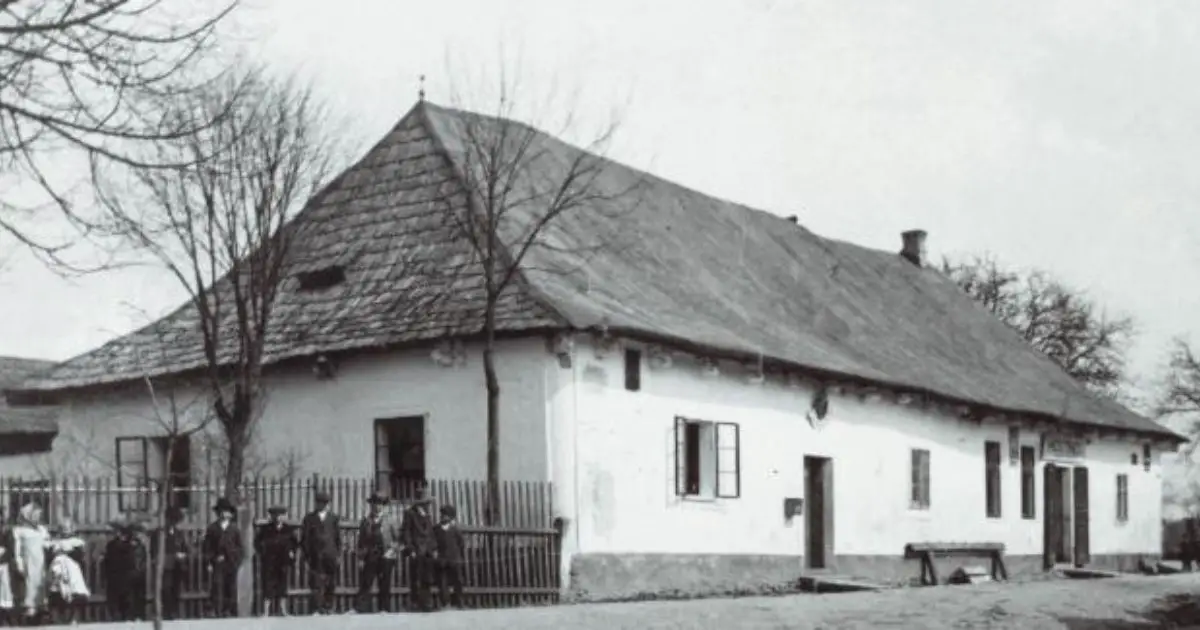
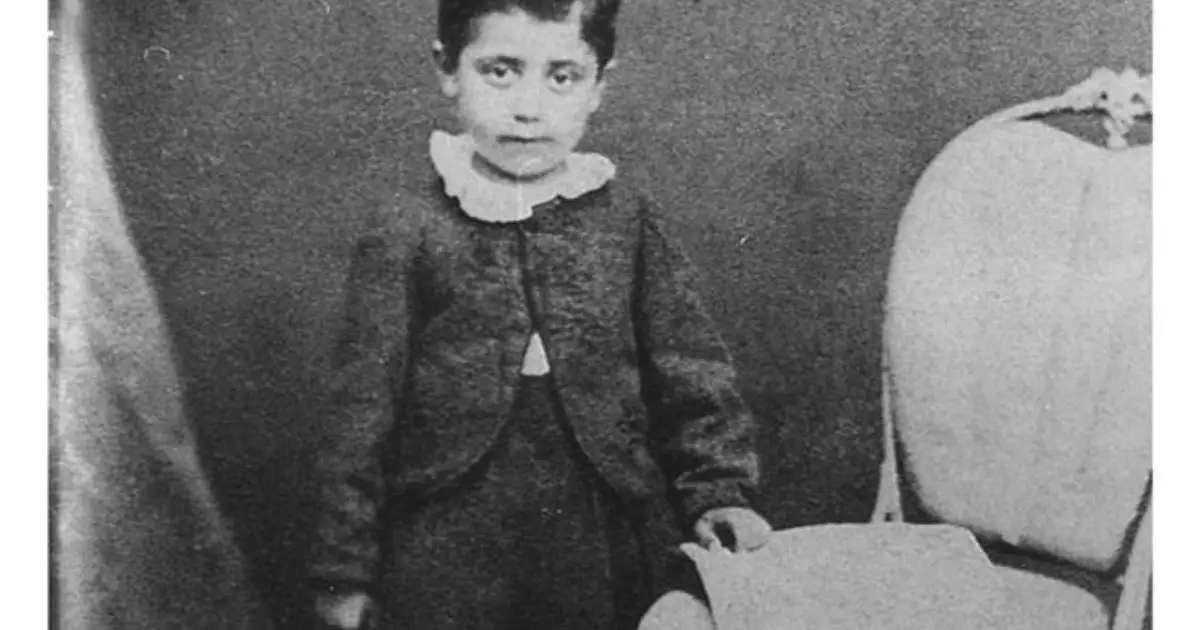
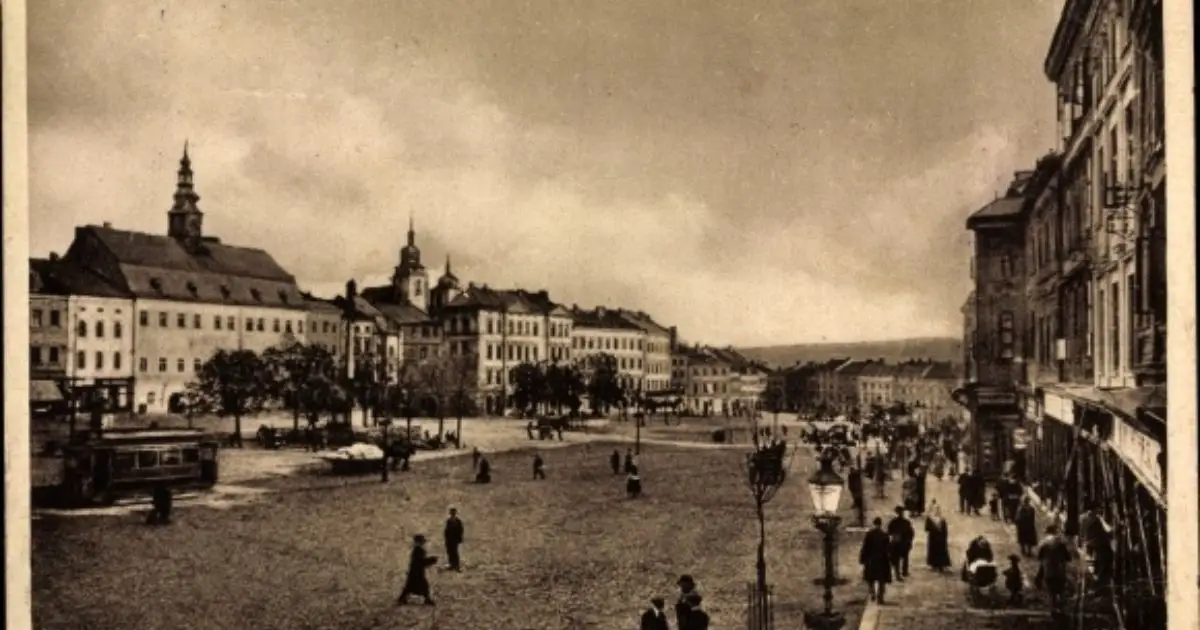
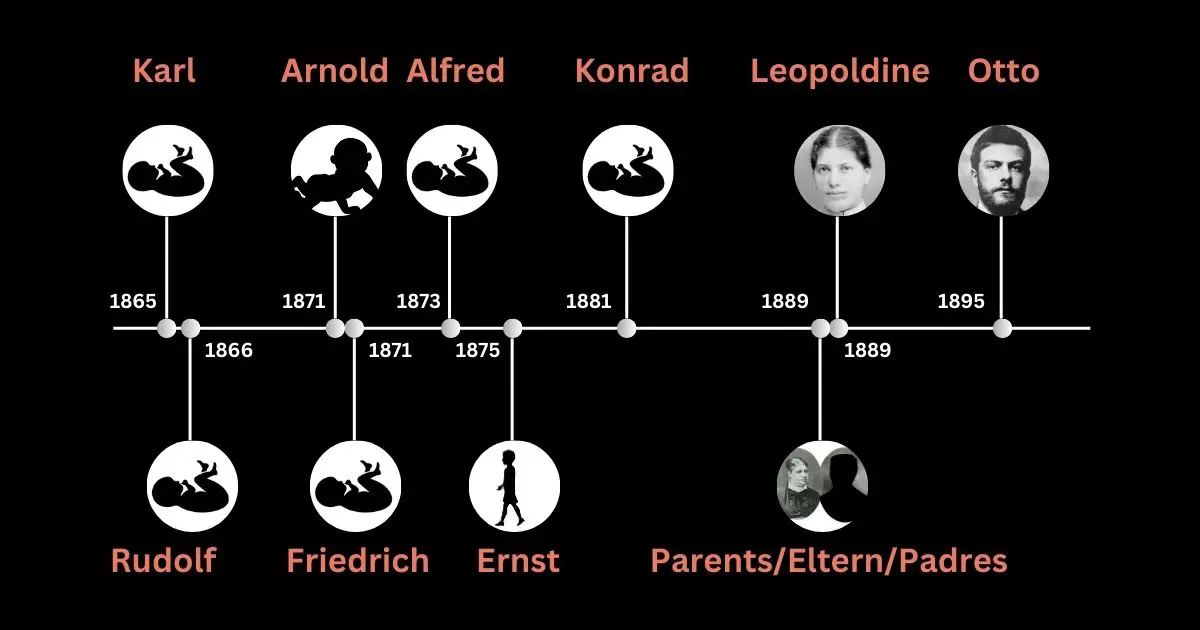

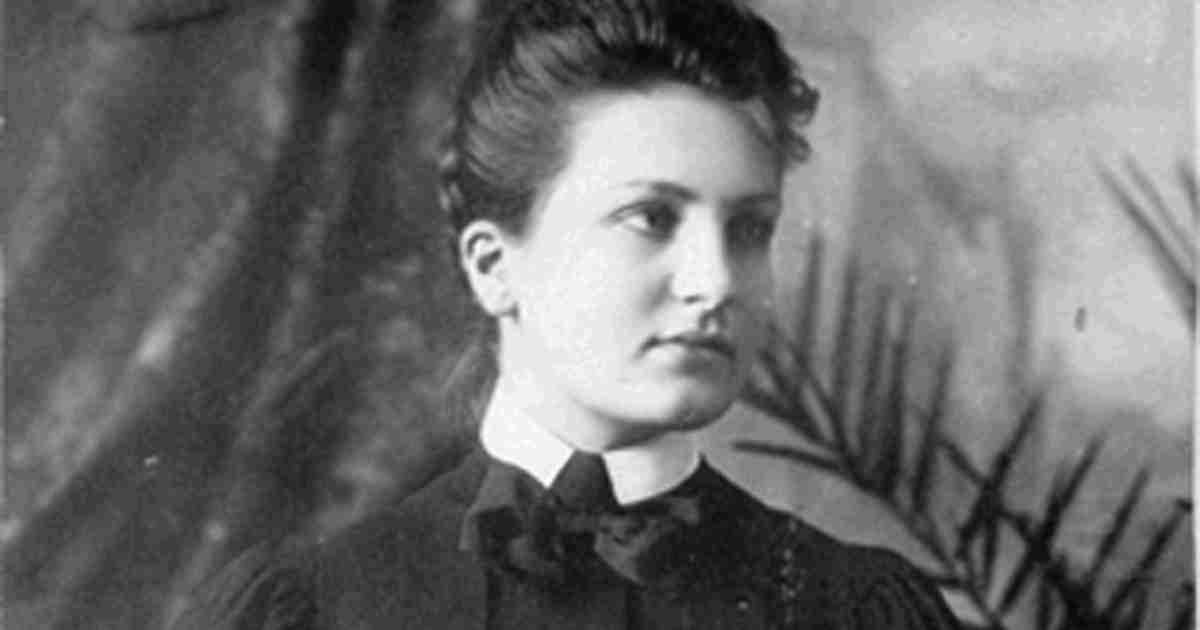

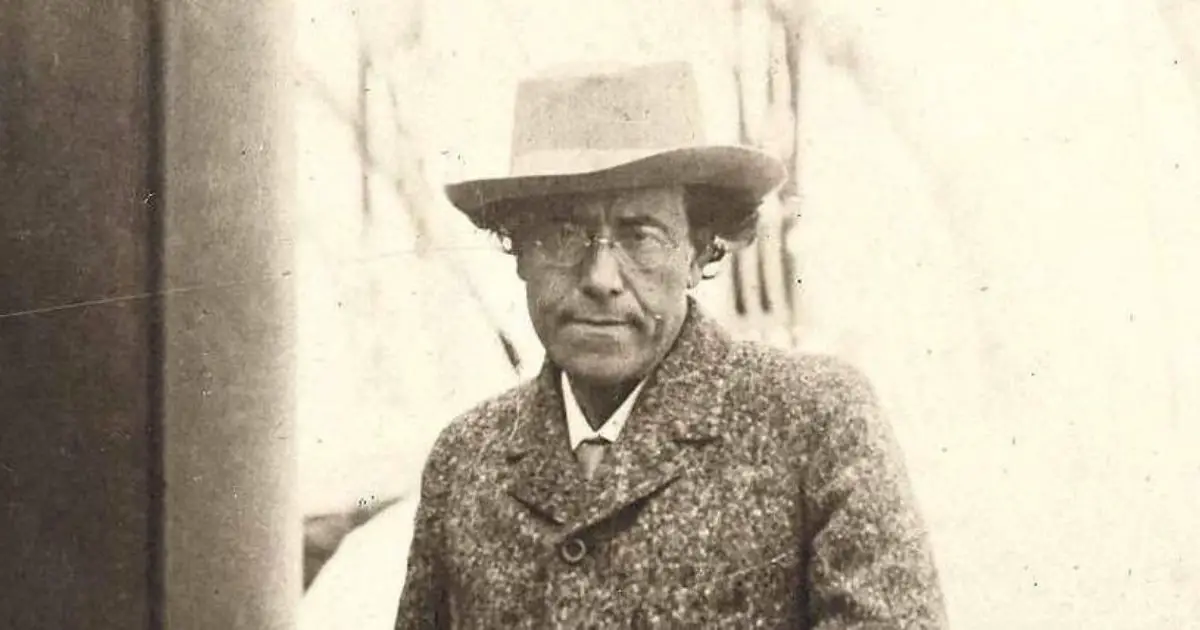


Leave a Reply
Want to join the discussion?Feel free to contribute!